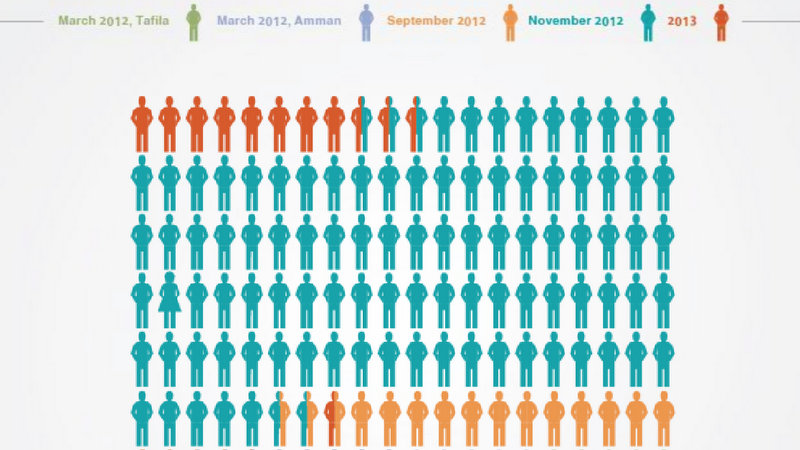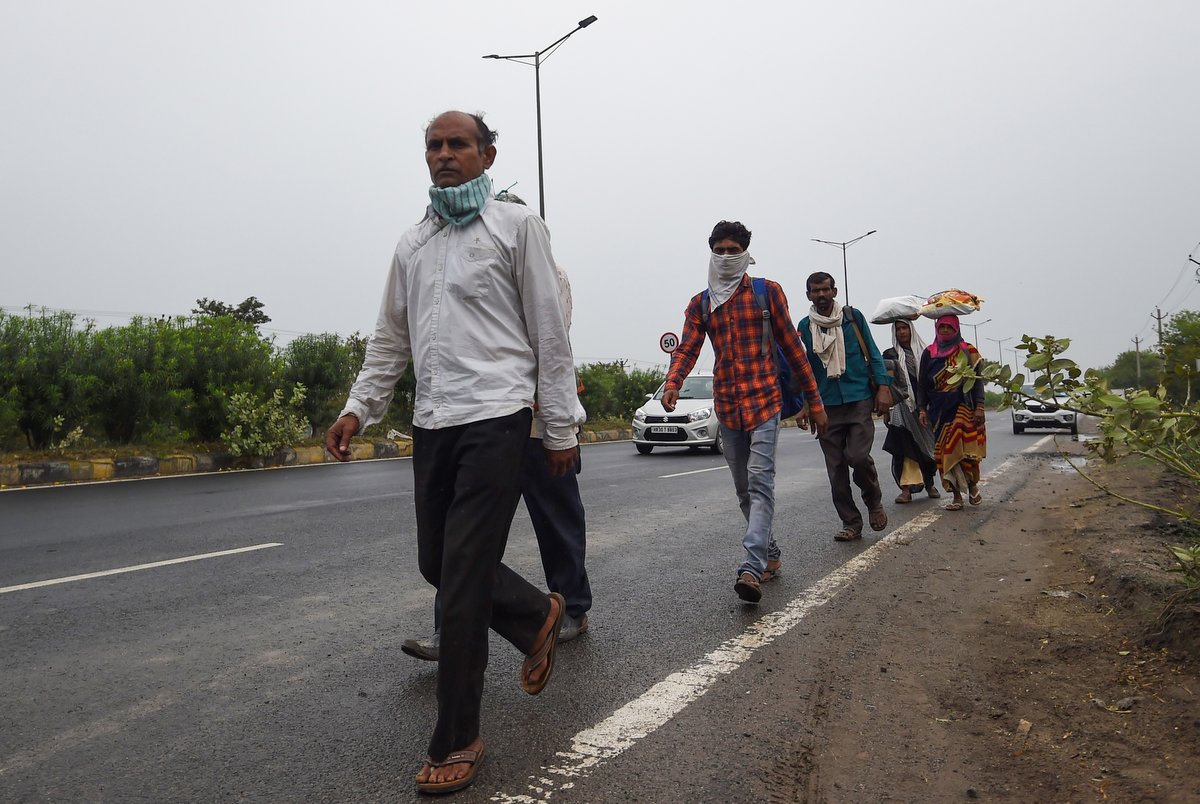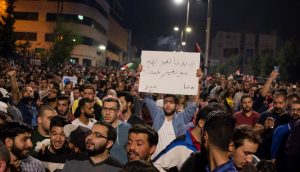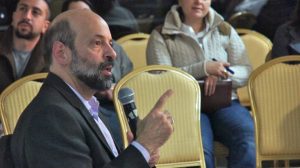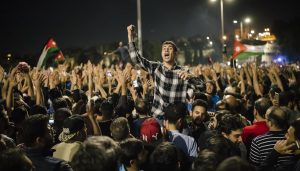Prepared by Doa Ali and Hussam D’ana
Since March 2012, more than 140 political activists have been prosecuted by Jordan’s State Security Court for charges such as “illegal assembly”, “Lèse-majesté”, “undermining the regime”, and “working to change the constitution”. The maximum sentence for these charges runs the gamut from three years in jail to capital punishment.
Last week, in the periodical comprehensive review of the state of human rights in the United Nations Human Rights Council (HRC), numerous countries have criticized Jordan for prosecuting civilians through the State Security Court and called for its annulment, demanding the release of currently incarcerated political activists.
The Jordanian government responded that its “preemptive” constitutional amendments have already met these demands, and asserted that the amendments did restrict the State Security Court’s jurisdiction to five principal charges. The current State Security Court law remains in effect because, the government says, the constitutional amendments have allowed a period of three years for legislation to be amended in compliance with the new constitution.
This response is misleading and inaccurate, as article 101 of section 2 of the amended Jordanian Constitution states that:
“It is forbidden to prosecute any civilian in a criminal case unless all appointed judges are civilians; exceptions are charges of treason, espionage, terrorism, drugs, and currency counterfeit.”
Therefore, constitutional amendments did not actually restrict the jurisdiction of the State Security Court to five charges as the government had stated and people believed. Rather, it has only restricted the power of military judges, which means that it is still possible to prosecute civilians in the State Security Court for any of the charges listed in the current law, but only by civilian judges, which is what presently occurs.
The problematic issue of the State Security Court trials of political activists does not only lie in distinctions between civilian or martial judges. Rather, this court violates the standards for fair trial detailed in international human rights covenants and conventions ratified by Jordan:
“Every person has the right to a fair and public trial by a specialized, independent, and non-biased judge and jury.”
Firstly, State Security Court judges could be either civilians appointed by the government’s Prime Minister, or martial judges appointed by the Chairman of the Joint Chiefs of Staff. This compromises the independence of law and separation of authorities, as judges in regular systemic courts are appointed by a judicial council that represents the independent judiciary authority. (State Security Court Law, article 2)
Secondly, even when State Security Court judges are civilians, the public prosecution is martial. (State Security Court Law, article 7)
Thirdly, the State Security Court violates one of the most important criterions of a fair trial, which is a “public trial”. Article 8 of the State Security Court Law gives it the right to conduct a trial in secret under its own “discretion”, and there are no clear standards defining “discretion” in this instance.
Fourthly, contrary to Jordan’s Code of Criminal Procedures, which states that the defendant should be sent to the prosecutor within a period not exceeding 24 hours after which the procedure is subject to annulment (article 100, section 5b), the State Security Court permits the police to incarcerate the defendant for as long as 7 days before turning the defendant over to the prosecution. This explicitly overrides articles 9 and 14 of the International Covenant of Civil and Political Rights that Jordan ratified, which emphasizes the right every defendant has to be notified of the nature of charges of which s/he is accused.
The following interactive infographic illustrates activists currently being prosecuted in the State Security Court since March 2012, and details the charges of which they are accused.
You may move the pointer over each icon of a person to read the details of their case. Click on the individual charges in the legend order to see the defendants accused with each.
Translated by Doa Ali and Siwar Masannat
To read the original post in Arabic, click here.
See Also:
Infographic: Legislative Limits on Freedom of Expression in Jordan
